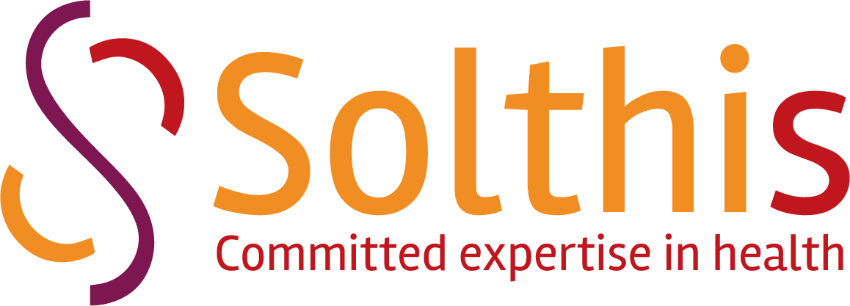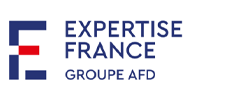October – December 2022
Madagascar
Since 2013, WHO guidelines have recommended Lopinavir/ritonavir-based regimens for all people living with HIV under 3 years of age; however, the limited availability of an age-appropriate formulation remained a barrier to implementation. The 2018 WHO antiretroviral therapy guidelines and the July 2020 WHO guidance note now recommend dolutegravir (DTG)-based regimens as the reference first-line regimen for all children aged 4 weeks and older.
In Madagascar, the National Programme for the Fight against STIs and AIDS of the Ministry of Public Health, as a Sub-recipient, is involved in the implementation of the National Strategic Plan (NSP) for the fight against HIV and in the implementation of the grant awarded by the Global Fund. To this end, and in line with the UNAIDS objective of reaching 95-95-95 by 2030, Madagascar has aligned itself with the new WHO recommendation to use DGT as the preferred HIV treatment option for all populations including pregnant women and children.
PNLIST is requesting Solthis through Expertise France fundings to provide supply and inventory management (SIM) expertise to finalise the transition of adult HIV patients to TLD, and to be ready to ensure the transition of adolescents and children as soon as the orders arrive in Madagascar.
Overall objective
To provide technical support to PNLIST to develop a transition plan to dolutegravir-based regimens for adults, adolescents and children
Planned activities
The expert will support the Inputs Division and the HIV PSM Committee in :
- review of ARV quantification for adults, adolescents and children: adjustments to be made in terms of quantification will be based on adjusted data from the active file;
- revision of tools for stock management and product requisitioning;
- support for or monitoring of in-country product registration by national drug regulatory authorities;
- analysis of logistical and financial gaps for antiretrovirals;
- development of a plan and tools for monitoring the implementation of the transition plan;
- development of the transition plan which clearly defines objectives, patient target groups, timeframes, roles and responsibilities of stakeholders.
Expected results
When new care regimes are introduced, it is important to ensure active communication with all key health actors (from health workers to civil society organizations) and to create a comprehensive and appropriate orientation programme. Similarly, forecasting and quantification, particularly the timing of procurement and delivery of new medicines, are important to ensure that the country is ready to begin the transition and that there will be no shortages.
The expert will ensure that all steps related to the introduction of the DTG-based regimen in Madagascar, including the steps before and after the transition plan, are followed:
- technical processes;
- forecasting, quantification and procurement;
- training plan;
- monitoring and evaluation;
- pharmacovigilance and drug resistance surveillance;
- anticipated risks and mitigation strategy;
- roles and responsibilities;
- selection of sites for DTG introduction and scale-up.
Beneficiaries
-
National Programme for the Control of Sexually Transmitted Infections (PNLIST)





